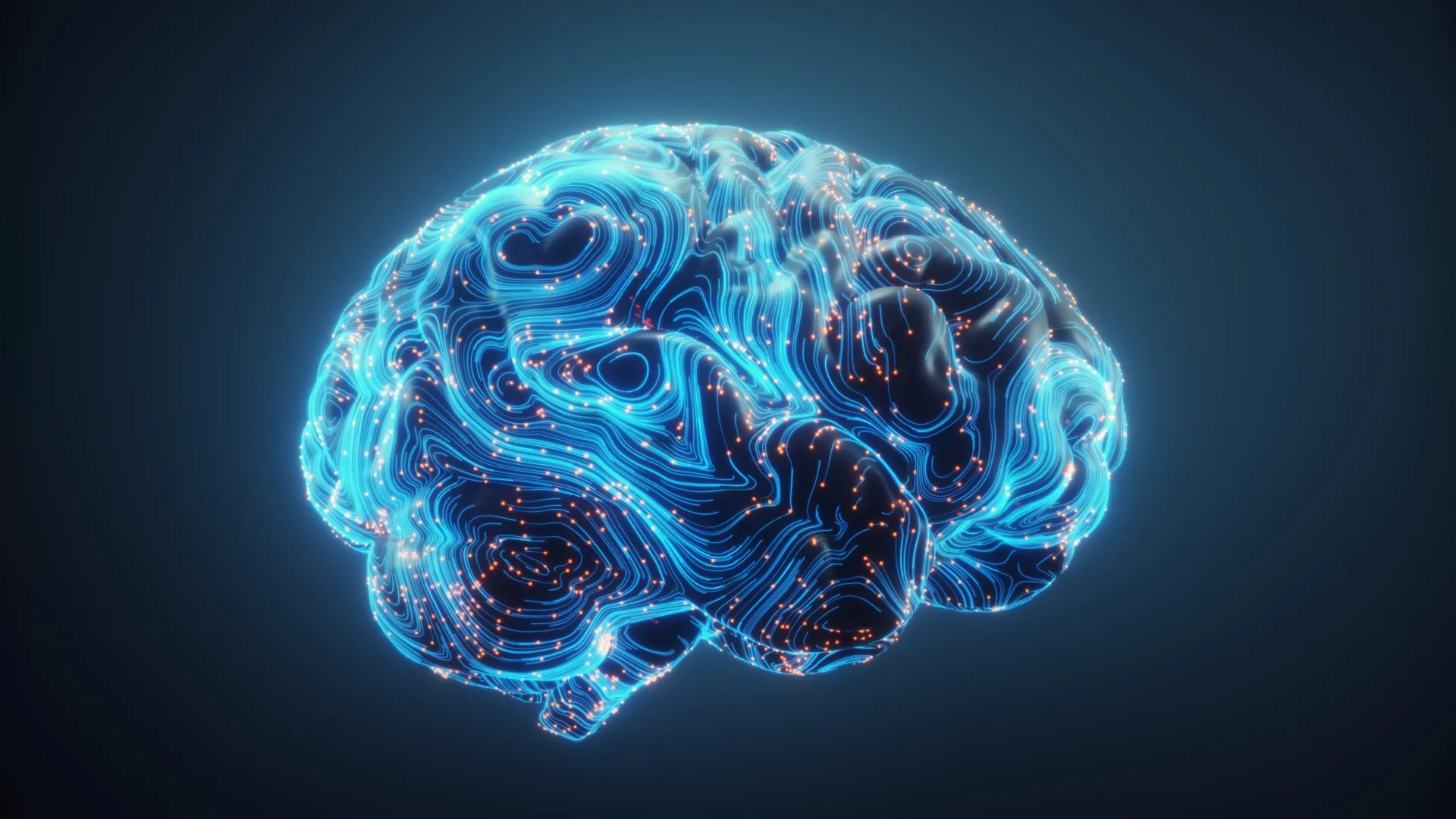Scientists reveal a hidden hormone switch for learning
Estrogen-driven dopamine changes may hold the key to shifting learning ability and psychiatric symptoms.
- Date:
- November 21, 2025
- Source:
- New York University
- Summary:
- Researchers uncovered how estrogen subtly reshapes learning by strengthening dopamine reward signals in the brain. Rats learned faster when estrogen levels were high and struggled when the hormone’s activity was blocked. The findings help explain how hormonal cycles influence cognitive performance and psychiatric symptoms. This connection offers a new path for understanding brain disorders tied to dopamine.
- Share:

Scientists have known for many years that hormones can shape how the brain works, affecting emotions, mental energy, and everyday choices. What remains unclear is exactly how these chemical signals bring about such changes.
A recent investigation offers new insight by examining the role of estrogen, a hormone central to the female reproductive cycle. Through controlled experiments using laboratory rats, researchers found that the brain processes involved in learning and decision-making shift naturally throughout the cycle. These shifts appear to stem from molecular changes linked to dopamine, the chemical messenger behind the "reward" signals that help the brain learn.
The study appears in the journal Nature Neuroscience.
How Estrogen May Shape Cognitive Function
"Despite the broad influence of hormones throughout the brain, little is known about how these hormones influence cognitive behaviors and related neurological activity," explains Christine Constantinople, a professor in New York University's Center for Neural Science and the senior author of the paper. "There is a growing realization in the medical community that changes in estrogen levels are related to cognitive function and, specifically, psychiatric disorders."
Carla Golden, an NYU postdoctoral fellow and the paper's lead author, adds, "Our results provide a potential biological explanation that bridges dopamine's function with learning in ways that better inform our understanding of both health and disease."
Laboratory Tests Reveal Estrogen's Effects
The research team, which also included scientists from NYU Grossman School of Medicine's Neuroscience Institute and Virginia Commonwealth University's Department of Pharmacology and Toxicology, monitored brain activity in rats while the animals completed a set of learning tasks.
The rats learned to reach a "reward" -- in this case, access to water -- after recognizing audio cues that indicated when water would be available and how much they would receive.
Performance improved when estrogen levels were elevated. According to the authors, estrogen increases dopamine activity in regions of the brain responsible for reward processing, strengthening the signals that support learning.
Lower Estrogen Levels Reduce Learning Ability
When estrogen activity was reduced, limiting its influence on dopamine regulation, the rats learned less effectively. These findings suggest a possible link between hormone fluctuations and symptoms seen in certain neuropsychiatric disorders. The team also emphasized that estrogen's influence did not extend to decision making; only learning was affected.
"All neuropsychiatric disorders show fluctuations in symptom severity over hormonal states, suggesting that a better understanding of how hormones influence neural circuits might reveal what causes these diseases," notes Constantinople.
This research was funded by the National Institutes of Health (DP2MH126376, F32MH125448, 5T32MH019524, 1S10OD010582-01A1), the National Cancer Institute (P30CA016087), NYU Langone Health, and the Simons Foundation. The authors state that the content is solely their responsibility and does not necessarily represent the official views of the National Institutes of Health.
Story Source:
Materials provided by New York University. Note: Content may be edited for style and length.
Journal Reference:
- Carla E. M. Golden, Audrey C. Martin, Daljit Kaur, Andrew Mah, Diana H. Levy, Takashi Yamaguchi, Amy W. Lasek, Dayu Lin, Chiye Aoki, Christine M. Constantinople. Estrogen modulates reward prediction errors and reinforcement learning. Nature Neuroscience, 2025; DOI: 10.1038/s41593-025-02104-z
Cite This Page: